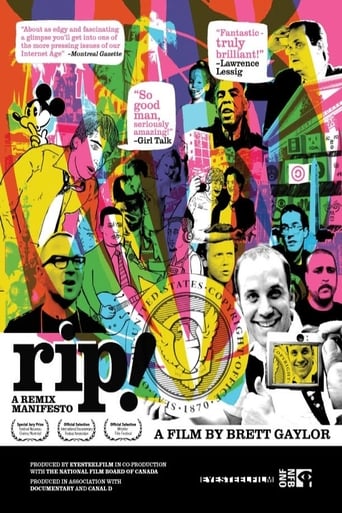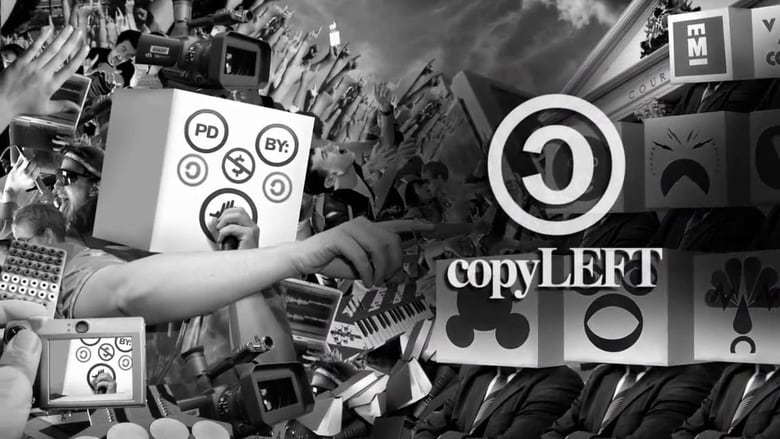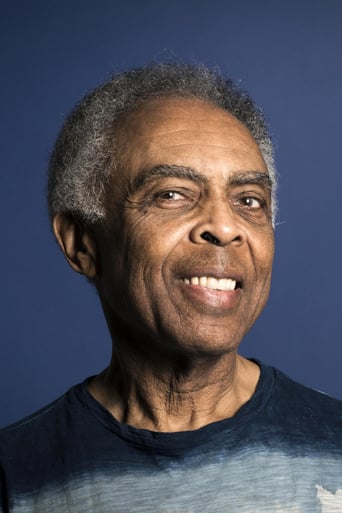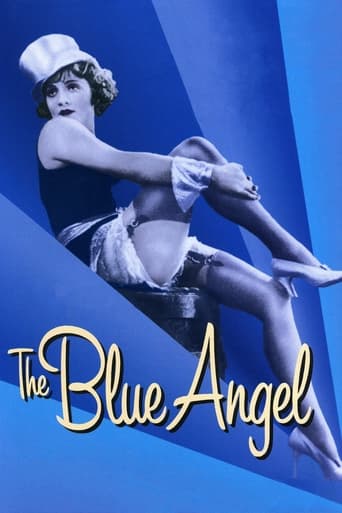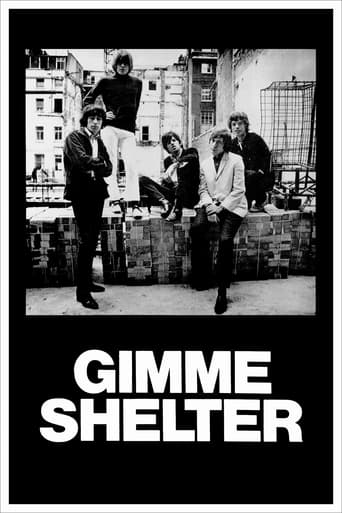RiP!: A Remix Manifesto (2008)
RiP!: A Remix Manifesto is a 2008 open source documentary film about the "the changing concept of copyright" directed by Brett Gaylor.
Watch Trailer
Cast


Similar titles
Reviews
Just perfect...
This film is so real. It treats its characters with so much care and sensitivity.
There is, somehow, an interesting story here, as well as some good acting. There are also some good scenes
Not sure how, but this is easily one of the best movies all summer. Multiple levels of funny, never takes itself seriously, super colorful, and creative.
A film examining the battle over remixing , mash ups and recycling. Its a film that makes its point early and often...and it raises a good many questions- but it doesn't always have answers- such as how much use is too much? The film seems to be saying that everything is fair game... or should be.Beyond the questions the film has deeper problems. Its mentions the change in copyright in 1998 but doesn't explain the old rules. The history before the internet is missing. A film that talks about using the past to build the future ignores the past completely.Then it gets facts wrong- dating Alice in Wonderland from 1644. and there are other problems...taking the film into questions of science...before dropping the whole train of thought.I'm kind of mixed on the film. I see the point and side with them but I think the director is going about it in the wrong way...he has too much going on... is this about remix or simply the free down of all things? I think his argument that the total free exchange of all things will save the world is kind of off kilter...and what will it say about anyone wanting to create- why create a character or book or song or such if you can't control it, even for a little while? After all the argument here is total free exchange.I'm at a loss.
We are the sum of all our experiences and what we have learned from other people. Only a new born baby could possibly be 100% original. What happened to George Harrison with the My Sweet Lord/He's So Fine legal case was ridiculous. We need to restore sensibility to our copyright laws. The net effect of today's copyright laws are self serving to the corporations and rarely benefit the original creator. As mentioned previously the original creator is lucky to receive 10% of the final selling price. As with everything else today corporate property rights have higher priority than almost anything else including our democratic freedoms.But I do agree that some protection must be there so that one is rewarded for their hard work. My suggestions: Time limit such as with patents. Too much great creativity is rotting away because some greedy person (most likely not the author) wants more. Don't allow copyrights to be sold. Only the original creator can benefit from his/her work.
I feel the need to write this comment because it made me think about the copyrights on aids medicine for example. Some of the copyrights preventing the making of a cure to safe lives must lifted. Life is more important then the profits of corporations. This becomes a more gray area when they talking about the copyrights on music and this documentary isn't very objective in this matter. Which is a good thing. The anti-copy lobby isn't very objective as well. Nice to see the other side for a change! Making a copy of a CD and sell it is illegal. But buying a new CD in Holland cost 50 for 12 songs in a poor quality plastic case. That's more then 4 a song and you do not want to know how much the artist gets. The rules must be changed. Protection of property is good but evolving is even better. Restore the balance please!
This documentary (indeed, manifesto is correct) misses its intended point. On the one hand its arguing for the rights of remixers, on the other hand for the right to share and use, even when the point isn't to make something new out of it. If you really want to effectively argue the first, you shouldn't only try the "throw everything out" argument. If some artist wants to give their work away for free, more power to them (it's their choice). But that is a far cry from arguing that everybody should do that, and that the only allowable business model is charging for live performances.The makers of the documentary should then have asked how the model could be changed so that you keep the good parts of it, while stopping the more egregious overreaches. (Even if it would eventually argue that it is not possible.) Even while Walt Disney used other's ideas, he didn't take their drawings, stories, dialogue etc. as is. So is there a fruitful way to draw a line? But the documentary makes no effort in that direction, and there is little reason to believe anyone on the other side is listening or even starts to think.The makers should have tried to present their arguments to someone (intelligent) who doesn't share their viewpoint, and asked for their rebuttal (with sufficient time to prepare their argument). That's like sharing ideas, man. Like totally not what the movie is about.The point of this documentary isn't helped the fact (IMO) that all the remixes and mash ups in it are pretty awful. And what is good in them could have been achieved without recycling beats and samples. And it is very clear from the documentary that the artists understand that they shouldn't be doing what they are doing under current laws, but no tough questions are asked from them, like why they still think its necessary or better to break them. (The argument is presented as "because I want to, I should be able to.") IMO, The artists involved should stop whining and make a creative commons collection of samples from which to build mash ups, remixes and whatever. Allowing others to make remixes of this documentary is a starting point. (But, again, kinda not the point presented in the movie, which is an argument against the ownership rights of artists and copyright holders.)

